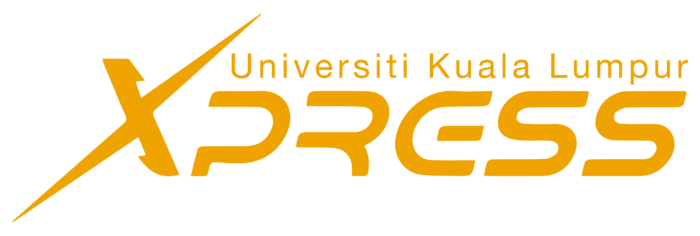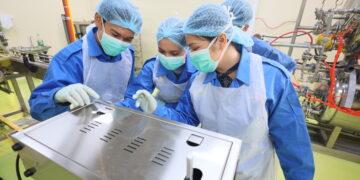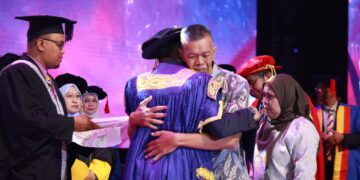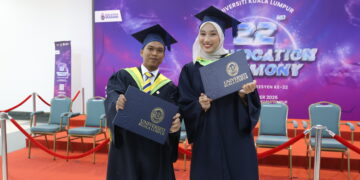What is developed today will be an old thing tomorrow.
That is how an expert contemplates the rapid changes in information technologies (IT), among others, like big data, the Internet of Things (IoT), artificial intelligence (AI), robotics, 3D printing, and biotechnology, to name a few.
Despite the rapid emergence of technologies, zooming in on the blockchain technology that has always been associated with the instability of cryptocurrency – a common belief and in its essence, the blockchain is stigmatised by misleading information rather than embracing its full benefit.
Theventheren Selvarajah, the Delivery Manager at Billennium, an international IT specialists company, believes awareness should be more propagated at the education institutions level prior to the vast public – and that is where Universiti Kuala Lumpur Malaysian Institute of Information Technology (UniKL MIIT) can become the blockchain forefront.

From his perspective, as a savant in that field and an alumnus of UniKL MIIT, it is interesting to see how the technology landscape is evolving.
“The question is not ‘can’, but ‘when’ UniKL MIIT can embark on this technology vastly as soon as possible. As an alumnus of this campus, I commend the university’s educational system that has prepared its students for the industry.
“But, adding this (blockchain technology into the education), will really increase the awareness and prepare the students for the long run. It is essential that they (students) are able to understand, write and develop the blockchain and its hashing technology, and I am sure they are capable of doing so,” urged him, who recently was appointed as an Industry Advisory Panel (IAP) at UniKL MIIT.
The blockchain was popularised almost more than a decade ago that serves as the public transaction ledger for the cryptocurrency Bitcoin.
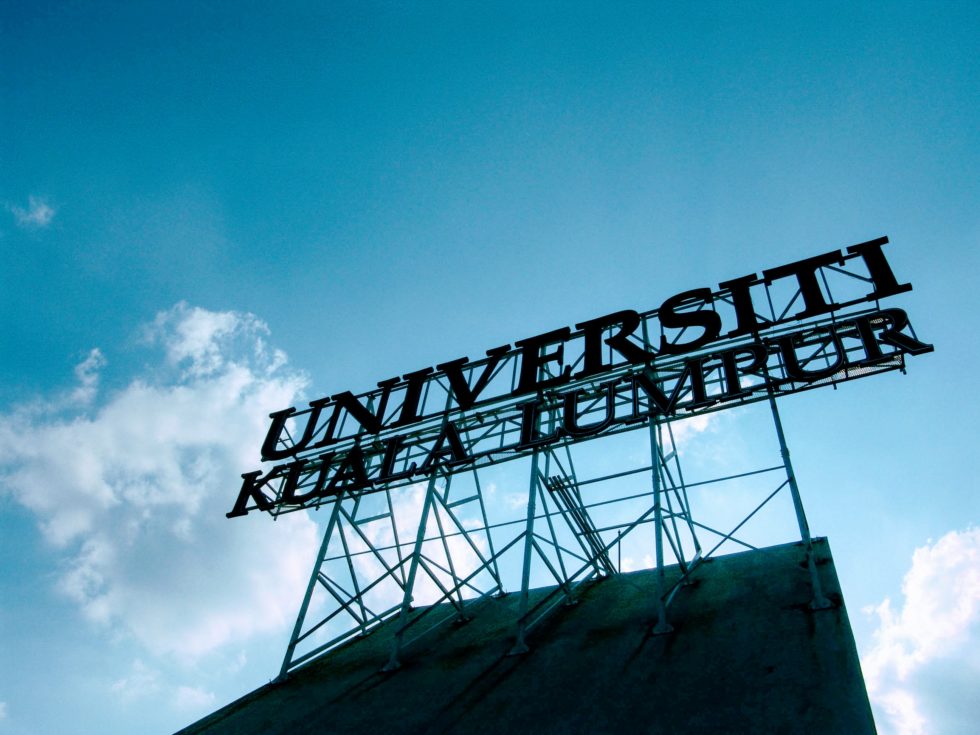
As the majority of mass society adjudges cryptocurrencies are not sought as regulated finance, but instead are a digital speculation asset, this has overshadowed the strong value the technology may offer.
The outlook of how blockchain can be applied in different areas of industry, Theventheren said, has significantly widened as its feature can make data storage rather more secure and immutable.
For instance, it could be applied in the balloting system to ensure transparency, not to mention supply chain management and registration systems like birth certificates, he suggested.
“Why not, with the same technology, UniKL builds a proper e-crypto for Malaysia by inculcating the students to create a USDT version of MYR, which would be a “crypto-tether” to the MYR. If it is not on the technology side, UniKL MIIT also has multimedia students.
“Hence, why not we encourage them to capitalise on their skills and bring it into the non-fungible token (NFT) market – a handsomely rewarding area?” questioned him, while adding that scalable agile is another framework that can be brought to the student’s knowledge.

As a matter of fact, scalable agile or the Scaled Agile Framework (SAFe) allows small changes and adaptions to be made quickly and seamlessly, and the framework can be used hands in hands with blockchain technology.
“Looking at the movement of blockchain in Malaysia, our country is still on the conceptual stage; thus more awareness should be brought to the vast society.
“Nonetheless, I commend what Malaysia is doing through the establishment of Malaysia Blockchain Association (MBA) – a non-profit organisation that aims to empower the community with the experience and knowledge of blockchain.
“Apart from that, the government has also recognised blockchain as one of the top technologies that we should be looking at and spending more time on. The bottom line is, this technology is not only connected to the financial technology environment, so we need to bring Malaysia to the forefront of this,” he told.
